Beirut blast: court delays verdict on Rafik Hariri’s murder
A UN-backed tribunal has suspended a verdict on the 2005 murder of former Lebanese prime minister Rafik Hariri.
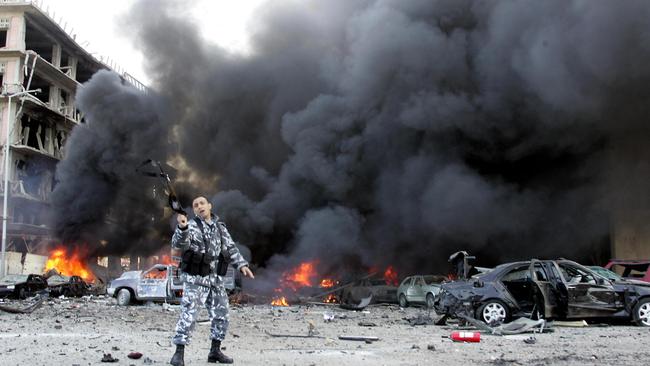
A UN-backed tribunal has suspended a verdict on the 2005 murder of former Lebanese prime minister Rafik Hariri following the deadly blast in Beirut.
The court’s decision was due on Friday but the ruling has been postponed until August 18, the court said late on Wednesday (Thursday AEST).
The Special Tribunal for Lebanon “is deeply saddened and shocked by the tragic events that shook Lebanon yesterday,” the court said in a statement.
“The tribunal expresses its solidarity with the Lebanese people in these difficult times.”
The tribunal issued “a scheduling order postponing the pronouncement of the judgment”.
Four alleged members of the Shiite Muslim fundamentalist group Hezbollah are on trial in absentia at the court in The Netherlands over the huge Beirut suicide bombing that killed Sunni billionaire Hariri and others in 2005.
The judgment harks back to an event that changed the face of the Middle East, with Hariri’s assassination triggering a wave of demonstrations that pushed Syrian forces out of Lebanon after 30 years. The court is billed as the world’s first international tribunal set up to probe terrorist crimes, and it has cost at least $US600m since it opened its doors in 2009 following a UN Security Council resolution.
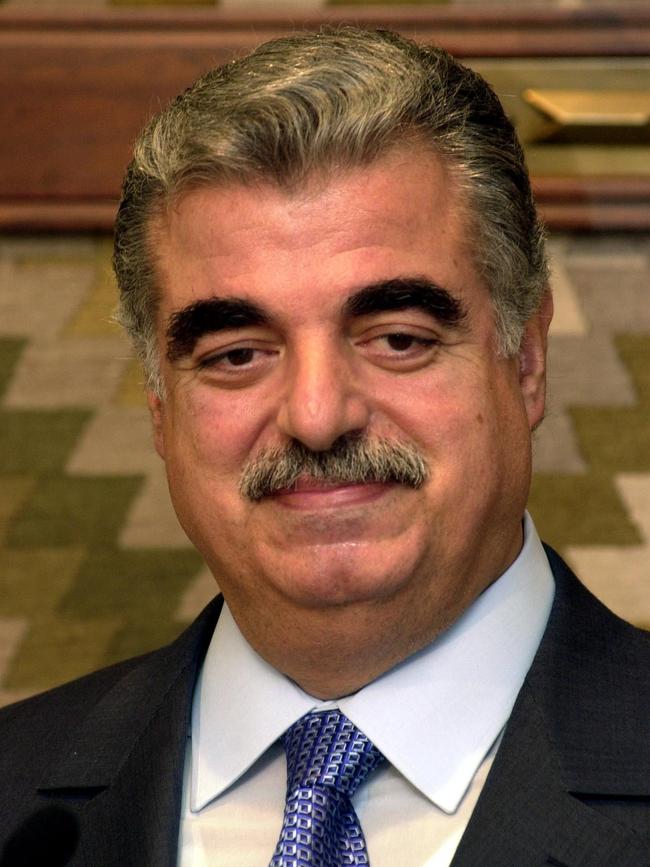
But the tribunal faces doubts over its credibility, with Hezbollah chief Hassan Nasrallah refusing to hand over the defendants and the case relying almost entirely on mobile phone records.
The four defendants went on trial in 2014 on charges including the “intentional homicide” of Hariri and 21 others, attempted homicide of the 226 people who were wounded in the bombing, and conspiracy to commit a terrorist act.
Salim Ayyash, 56, is accused of leading the team that carried out the bombing, which involved a truck packed full of explosives that detonated near Hariri’s motorcade on February 14, 2005.
Assad Sabra, 43, and Hussein Oneissi, 46, allegedly sent a fake video to the Al-Jazeera news channel claiming responsibility on behalf of a made-up group. Hassan Habib Merhi, 54, is accused of general involvement in the plot.
The alleged mastermind of the bombing, Hezbollah commander Mustafa Badreddine, was indicted by the court but is believed to have died while fighting with the Syrian government in May 2016.
The surviving suspects face life imprisonment if convicted, although sentencing will be carried out at a later date. Both the prosecution and defence can appeal the judgment and sentence, while if a defendant is eventually arrested he can request a retrial.
Prosecutors said during the trial that Hariri was assassinated because he was perceived to be a “severe threat” to Syrian control of the country.
Hariri was Lebanon’s Sunni prime minister until his resignation in 2004 over Syria’s role as powerbroker in the country.
The case was “circumstantial” but “compelling”, prosecutors said, resting on mobile phone records allegedly showing the suspects conducting intense surveillance of Hariri from just after his resignation until minutes before the blast.
The court’s flag was flown at half-mast on Wednesday “to honour those who lost their lives, who were wounded and who are still missing as a result of the explosion in Beirut”.
However the court rules, the eventual verdict it will not be the end of its work. It opened a second case last year charging prime suspect Ayyash with terrorism and murder over other deadly attacks on politicians in 2004 and 2005.
AFP

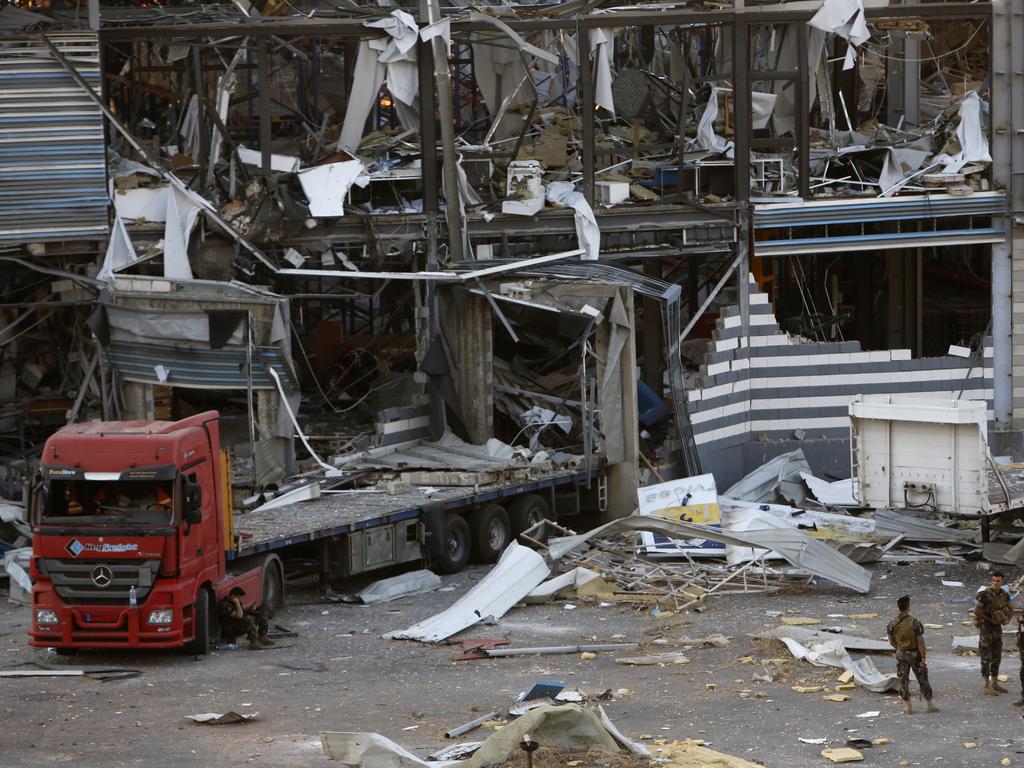
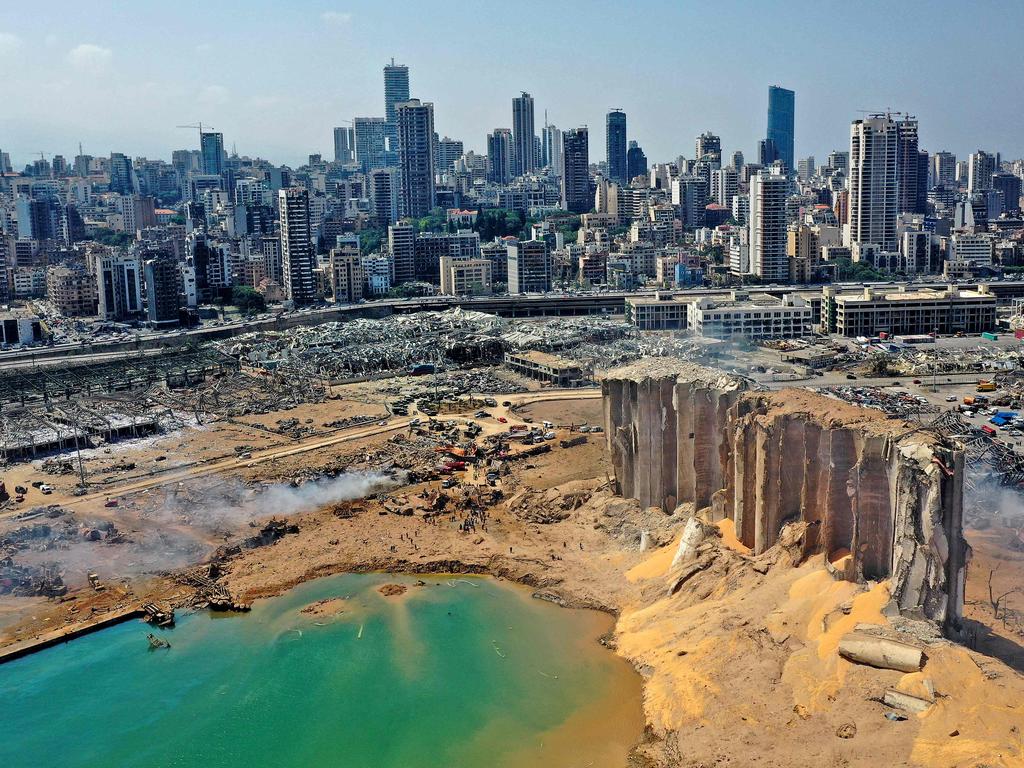
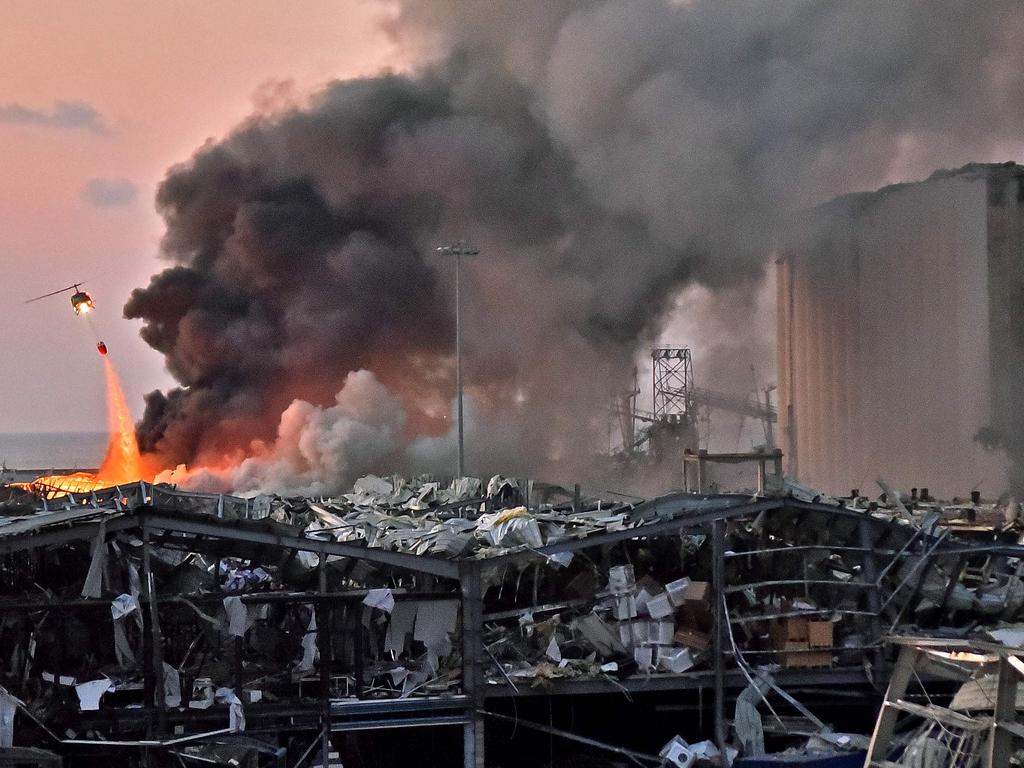


To join the conversation, please log in. Don't have an account? Register
Join the conversation, you are commenting as Logout